Top High-Fiber Fruits & Veggies for a Healthier Diet
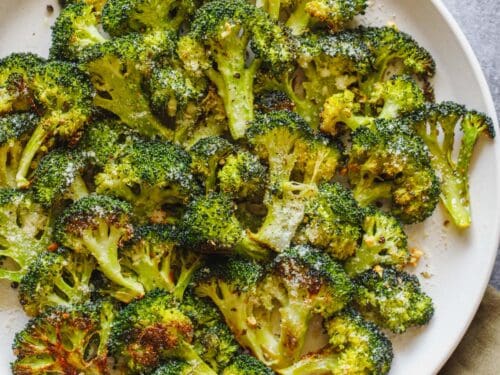
In the quest for a balanced and healthy diet, dietary fiber plays a pivotal role, often hailed as a key component for optimal digestion and overall well-being. This article delves into the world of high fiber fruits and vegetables, essential allies in your dietary arsenal for improving digestion, managing weight, and reducing the risk of chronic diseases. Discover the fiber-rich champions that promise to enhance your meals with a nutritional boost.
The Importance of Fiber in Your Diet
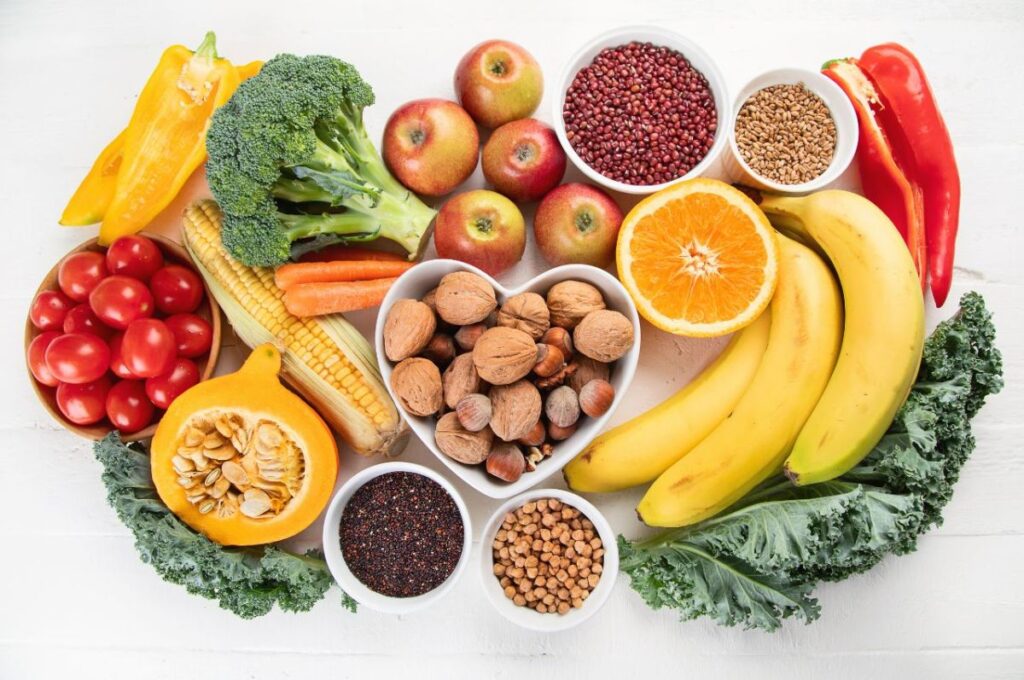
Dietary fiber, found mainly in fruits, vegetables, whole grains, and legumes, is best known for its ability to prevent or relieve constipation. But fiber can provide other health benefits as well, such as lowering your risk of diabetes, heart disease, and some types of cancer. Unlike other food components, like fats, proteins, or carbohydrates — which your body breaks down and absorbs — fiber isn’t digested by your body. Instead, it passes relatively intact through your stomach, small intestine, and colon and out of your body.
Fiber comes in two varieties, both beneficial to health:
- Soluble fiber, which dissolves in water to form a gel-like material. It can help lower blood cholesterol and glucose levels. Soluble fiber is found in oats, peas, beans, apples, citrus fruits, carrots, barley, and psyllium.
- Insoluble fiber, which promotes the movement of material through your digestive system and increases stool bulk, beneficial to those who struggle with constipation or irregular stools. Whole-wheat flour, wheat bran, nuts, beans, and vegetables, such as cauliflower, green beans, and potatoes, are good sources of insoluble fiber.
1.Top High Fiber Fruits
Fiber-rich fruits not only tantalize your taste buds but also provide a significant boost to your health. Here are some top picks:
1.Avocados

Avocados are a nutrient-dense fruit that transcends the realm of guacamole to offer a wealth of health benefits. With approximately 10 grams of fiber per cup, avocados are among the highest fiber fruits available. They are also a great source of healthy monounsaturated fats, which are beneficial for heart health. Their creamy texture and rich flavor make avocados versatile in both savory and sweet dishes. From salads to smoothies, incorporating avocados into your diet can enhance your fiber intake while providing essential nutrients like potassium and vitamin E.
2.Blackberries
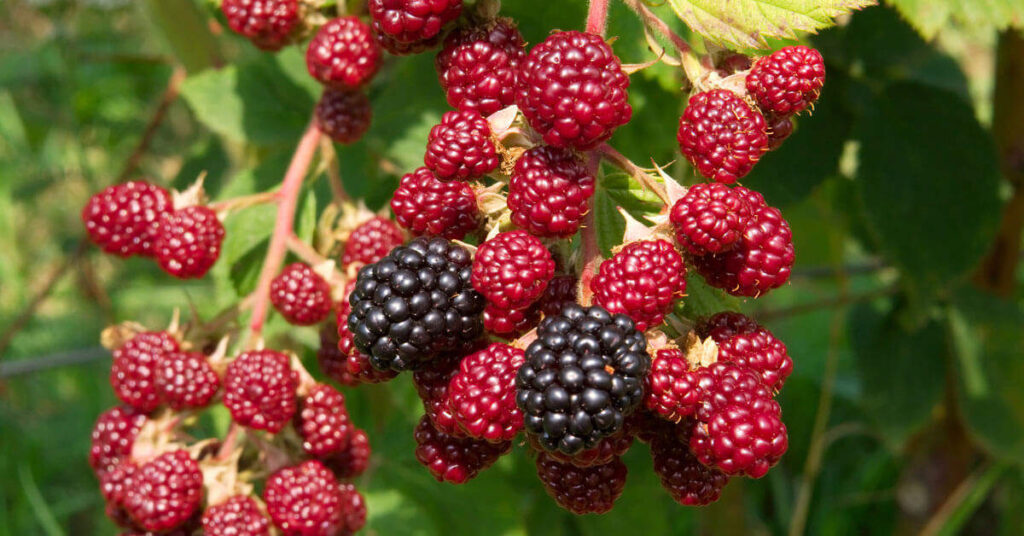
Blackberries are a nutritional powerhouse, offering about 8 grams of fiber per cup. This makes them one of the best berry choices for boosting your fiber intake. In addition to their high fiber content, blackberries are loaded with vitamins C and K, manganese, and antioxidants. These nutrients contribute to overall health by supporting immune function, bone health, and reducing inflammation. Their sweet and slightly tart flavor makes them perfect for eating fresh, or as a topping for yogurt and oatmeal, blending into smoothies, or baking into desserts.
3.Apples
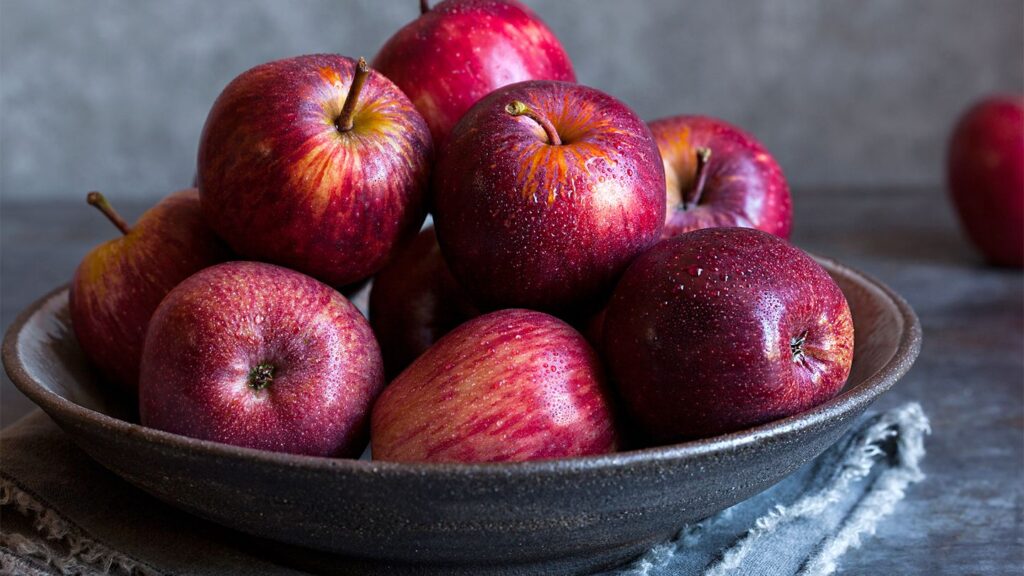
An apple a day not only keeps the doctor away but also helps keep your digestive system in check. A medium apple, with the skin on, contains about 4.4 grams of fiber. This fiber, combined with the water content of apples, helps to create a sense of fullness, aiding in weight management. Apples are also a good source of vitamin C and several antioxidants. Eating apples whole, rather than juiced or peeled, maximizes the fiber and nutrient intake. They’re perfect as a snack, chopped into salads, or cooked into a variety of dishes.
4.Bananas
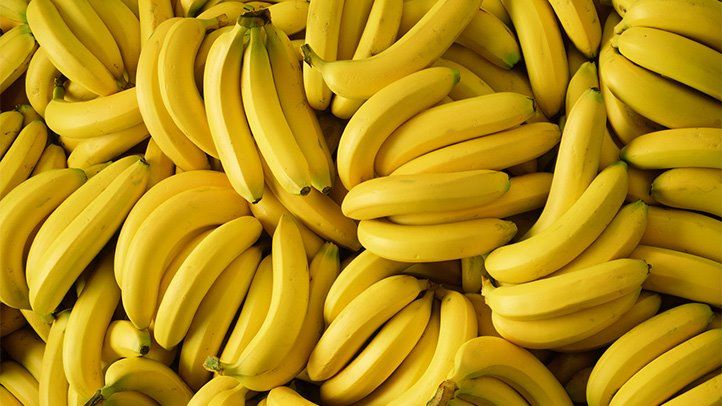
Known for their convenience and nutritional value, bananas provide about 3.1 grams of fiber and a significant dose of potassium, which is vital for heart health and muscle function. The fiber in bananas can help to regulate the digestive system, while their potassium content supports blood pressure control. Bananas are also rich in vitamins C and B6, contributing to immune health and energy production, respectively. Their natural sweetness and creamy texture make them a favorite for smoothies, baking, or simply as a portable, peel-and-eat snack. Whether you prefer them slightly green or fully ripe, bananas are a fantastic way to add fiber and nutrients to your diet.
2.High-Fiber Vegetables to Add to Your Diet
Vegetables are not only low in calories but also brimming with nutrients, including fiber. Incorporate these high-fiber veggies into your meals:
1.Artichokes
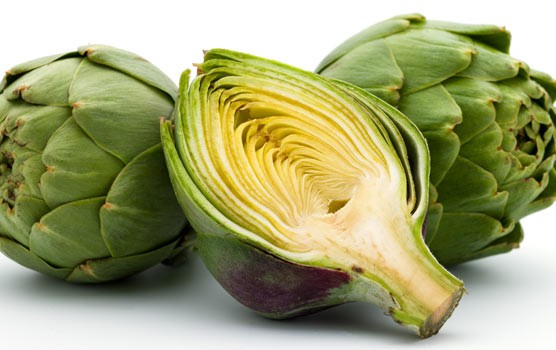
Artichokes are not just a gourmet favorite; they’re a fiber powerhouse, boasting 10.3 grams of fiber per medium vegetable. This makes them one of the highest-fiber vegetables you can enjoy. Beyond fiber, artichokes are rich in vitamins C and K, folate, magnesium, and antioxidants, which contribute to heart health, liver support, and digestion. Their unique flavor and texture make them a great addition to salads, pastas, and dips. Whether steamed, grilled, or marinated, artichokes can elevate your meals while boosting your fiber intake.
2.Peas
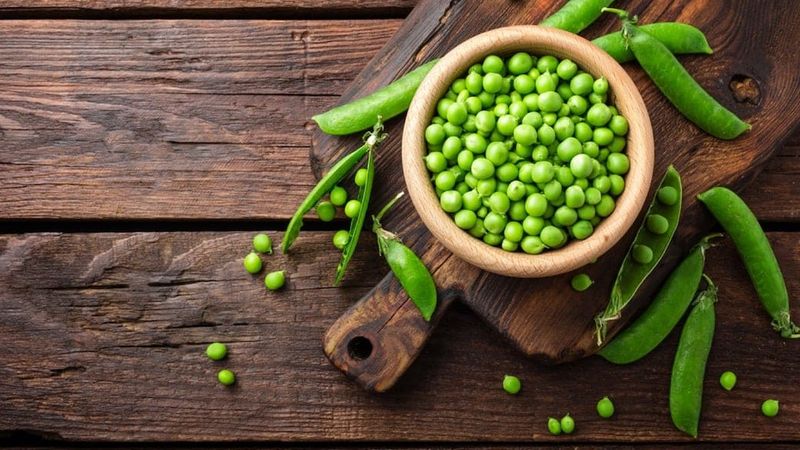
Green peas are a testament to the saying “good things come in small packages.” With 8.8 grams of fiber per cup, they pack a significant nutritional punch. Peas are also a great source of protein, vitamins A, C, K, and several B vitamins, which support energy production and immune function. They’re incredibly versatile—perfect in soups, salads, stir-fries, or as a delicious side dish. Their natural sweetness and soft texture can enhance any meal, making them a favorite among both adults and children.
3.Broccoli

Broccoli is a cruciferous vegetable that offers more than just 5.1 grams of fiber per cup; it’s a nutritionist’s dream, loaded with vitamin C, vitamin K, iron, potassium, and antioxidants. These nutrients work together to support immune health, bone health, and may even protect against certain types of cancer. Broccoli can be enjoyed raw, steamed, roasted, or stir-fried. It’s a versatile vegetable that can be incorporated into a wide range of dishes, from salads and casseroles to soups and pasta dishes.
4.Brussels Sprouts
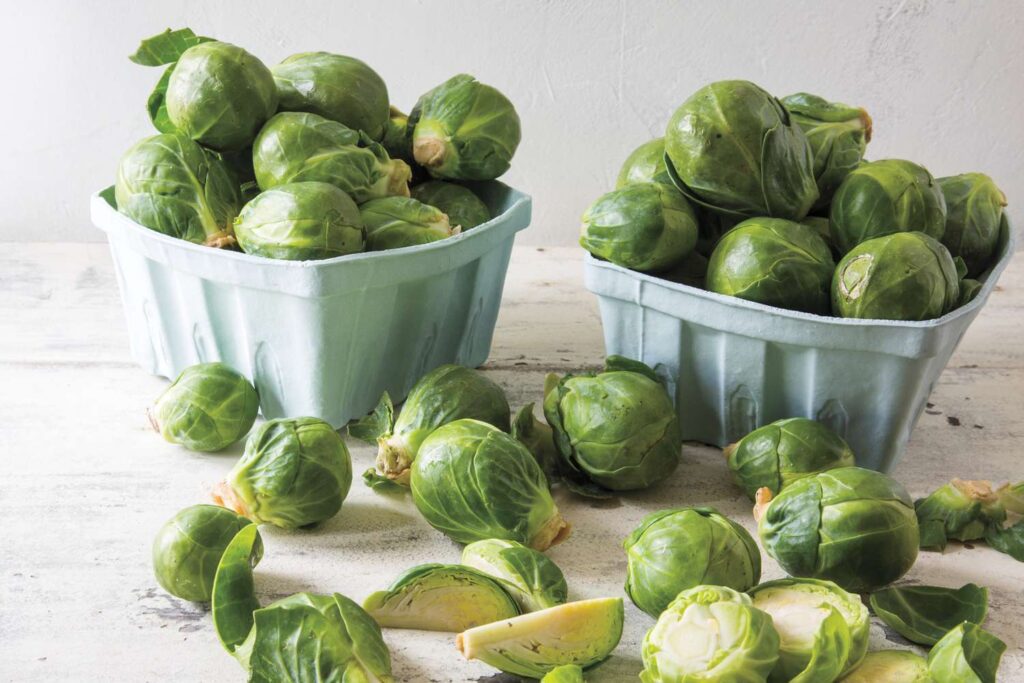
Brussels sprouts, with their 4 grams of fiber per cup, are another fiber-rich cruciferous vegetable. They are high in vitamins C and K, antioxidants, and may help to reduce the risk of chronic diseases. Their nutty and slightly sweet flavor enhances when roasted, bringing out a caramelized texture that can convert even the most reluctant eater. Brussels sprouts can be roasted, sautéed, or shredded into salads, making them a delicious way to add fiber to your diet.
5.Carrots
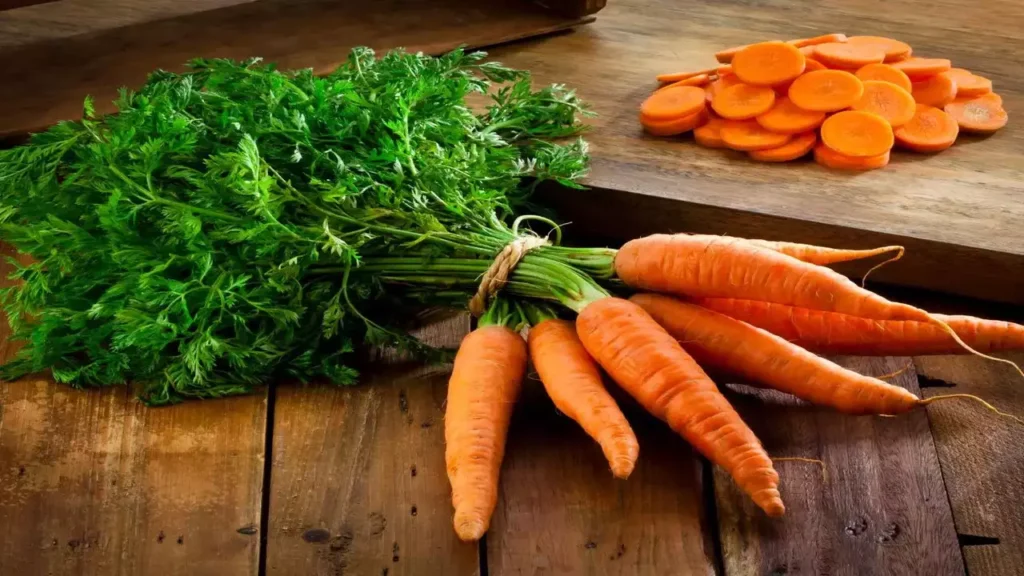
Carrots are not only known for their eye-health-promoting beta-carotene but are also a good source of fiber, with 3.6 grams per cup. This root vegetable is versatile, crunchy, and naturally sweet, making it a popular snack and ingredient in many dishes. Carrots provide antioxidants and vitamins A, K, and B6, supporting vision, immune function, and skin health. They can be enjoyed raw, roasted, steamed, or as part of soups and stews. Their vibrant color and sweet flavor make them a favorite for juicing and snacks, as well as a colorful addition to a variety of meals.
If you have any queries related to medical health, consult Subhash Goyal or his team members on this given no +91 99150 72372, +91 99150 99575, +918283060000



